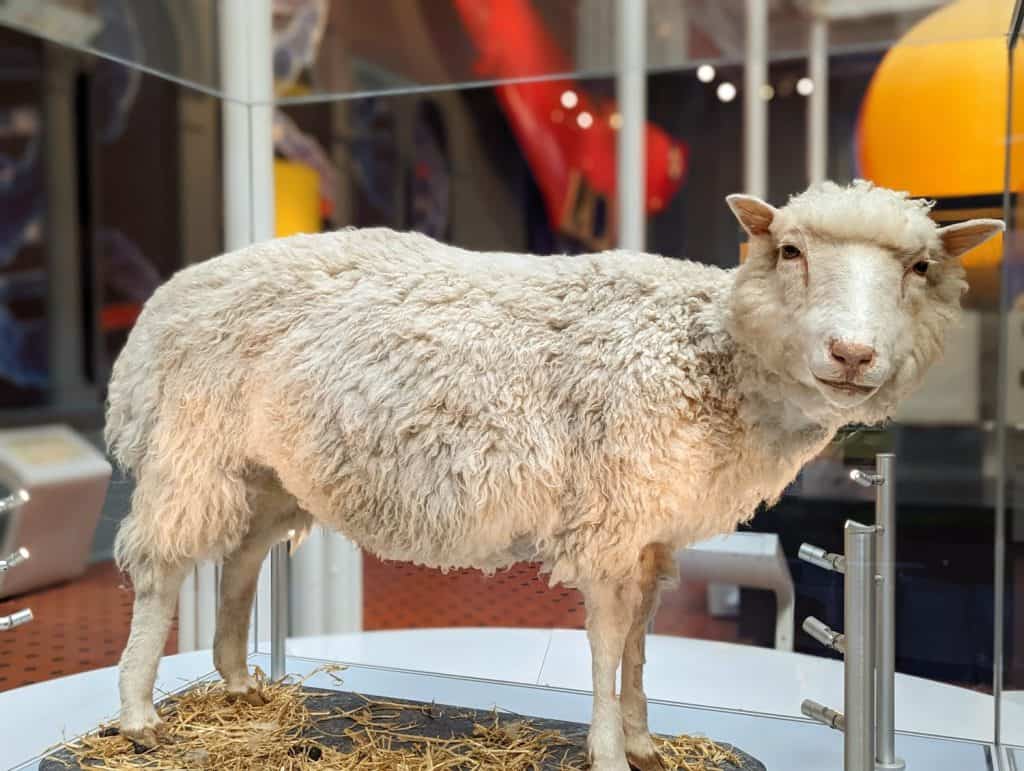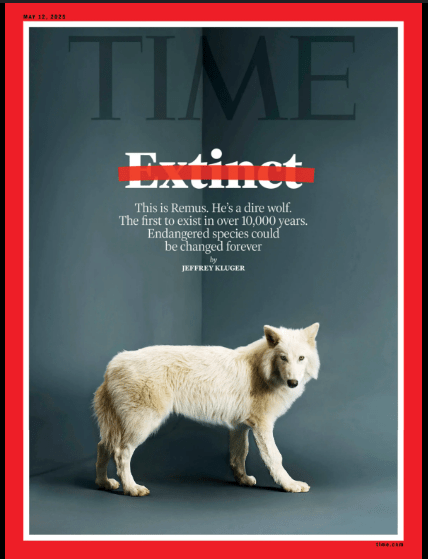Dolly The Sheep - Pioneering the Future of Cloning In the annals of scientific breakthroughs,…
Coping With Pet Loss

Coping With Pet Loss: Compassionate Guidance for Coping with Pet Loss
Losing a pet is one of the most difficult experiences any animal lover can face. At Gemini Genetics, we understand that pets are family, and their loss can leave a profound emotional void. Whether you’re grieving the passing of a loyal dog, a cherished cat, or a treasured horse, know that you’re not alone—and support is available.
Why Coping With Pet Loss Hurts So Much
Pets offer unconditional love, companionship, and comfort. For many, they are constant companions through life’s ups and downs. When a pet passes away, it’s natural to feel intense grief, sadness, and even guilt. These feelings are valid—mourning a pet is a sign of the deep bond you shared.
Common Reactions to Pet Loss
Everyone experiences grief differently, but some common reactions include:
- Sadness, crying, or feeling numb
- Guilt or regret about decisions made
- Anger or frustration
- Difficulty concentrating or sleeping
- Changes in appetite or daily routine
- Feeling isolated or misunderstood, especially if others don’t understand the depth of your loss
Steps to Support Yourself Through Pet Bereavement
- Acknowledge Your Grief
- Give yourself permission to feel sad. Grief is a natural response to losing a loved one, whether they have fur, feathers, or hooves.
- Talk About Your Feelings
- Speak with friends, family, or a pet loss support group. Sharing your memories and emotions can help you process your grief.
- Take Care of Yourself
- Try to maintain healthy habits—eat well, rest, and move your body. Self-care is crucial during difficult times.
- Create a Memorial
- Honour your pet’s memory with a photo album, a special keepsake, or a donation to an animal charity in their name.
- Seek Professional Support
If your grief feels overwhelming, consider reaching out to a pet bereavement counsellor or a helpline. Professional support can guide you through the healing process.
How Gemini Genetics Can Help You Cope with Pet Loss
At Gemini Genetics, we know how devastating it is to lose a beloved companion. Many of our clients find comfort in preserving their pet’s genetics, knowing that a part of their cherished friend lives on. Genetic preservation offers several benefits during the grieving process:
- Keeps the Door Open: By banking your pet’s DNA, you maintain the possibility of pet cloning in the future, allowing you to recreate that special bond if and when you’re ready.
- A Sense of Control and Comfort: Taking action, such as preserving DNA, can provide a sense of purpose and hope during a time of helplessness.
- Time to Grieve Fully: There’s no pressure to make immediate decisions about pet cloning. You can preserve your pet’s genetics now and take your time to consider your options.
- Supportive, Compassionate Service: Our team is professionally trained in pet bereavement and always available to listen, guide, and support you throughout the process.
Our clients often tell us that simply knowing their pet’s genetics are safely stored brings peace of mind and helps them move forward while still honouring their pet’s memory.
What Samples Are Needed for Cloning Your Pet?
If you are considering genetic preservation or pet cloning, timely sample collection is crucial. Here’s what you need to know:
For Dogs and Cats:
- After passing: We require a small snip of ear tissue (approx. 1–2cm²) and a 6mm skin biopsy from the chest, neck, and inner thigh. These samples must be collected within 5 days of your pet’s passing and kept chilled (fridge temperature, not frozen)
- While alive (if approved by your vet): Four 6mm biopsy punches from the inner thigh, taken under appropriate anaesthetic by an approved veterinarian.
Our full sample taking instructions for cats and dogs can be found here – https://www.geminigenetics.com/emergency-cat-dog-instructions/
For Horses:
After passing: We require a small snip of ear tissue (approx. 1–2cm²) and 4 x 6mm skin biopsy from crest of the neck under the mane. Horses must also have samples taken for health testing. Please consult our instructions page for full information on the samples needed for horse cloning – https://www.geminigenetics.com/emergency-horse-cloning-instructions/
Important: Always inform your vet if you’re considering genetic preservation so they can follow the correct protocols for sample collection and storage. Making sure pet’s are not frozen after their passing is the most important information that your vet must be aware of. Freezing of pet body can reduce the chances of viable DNA recovery.
Support Resources for Coping With Pet Loss
There are many organisations and resources dedicated to helping people cope with pet loss, including:
- Blue Cross Pet Loss Support: Free and confidential helpline and online community.
- Cats Protection Paws to Listen: A listening ear for grieving cat owners.
- World Horse Welfare – End of Life Planning: Guidance for horse owners facing loss.
Moving Forward After Pet Loss
There’s no right or wrong way to grieve, and healing takes time. Be gentle with yourself as you adjust to life without your pet. Remember, seeking help is a sign of strength—not weakness.
If you’d like more information on pet loss support, genetic preservation, or the pet cloning process, please contact Gemini Genetics or reach out via phone or WhatsApp on (UK) 07710 778 016.



